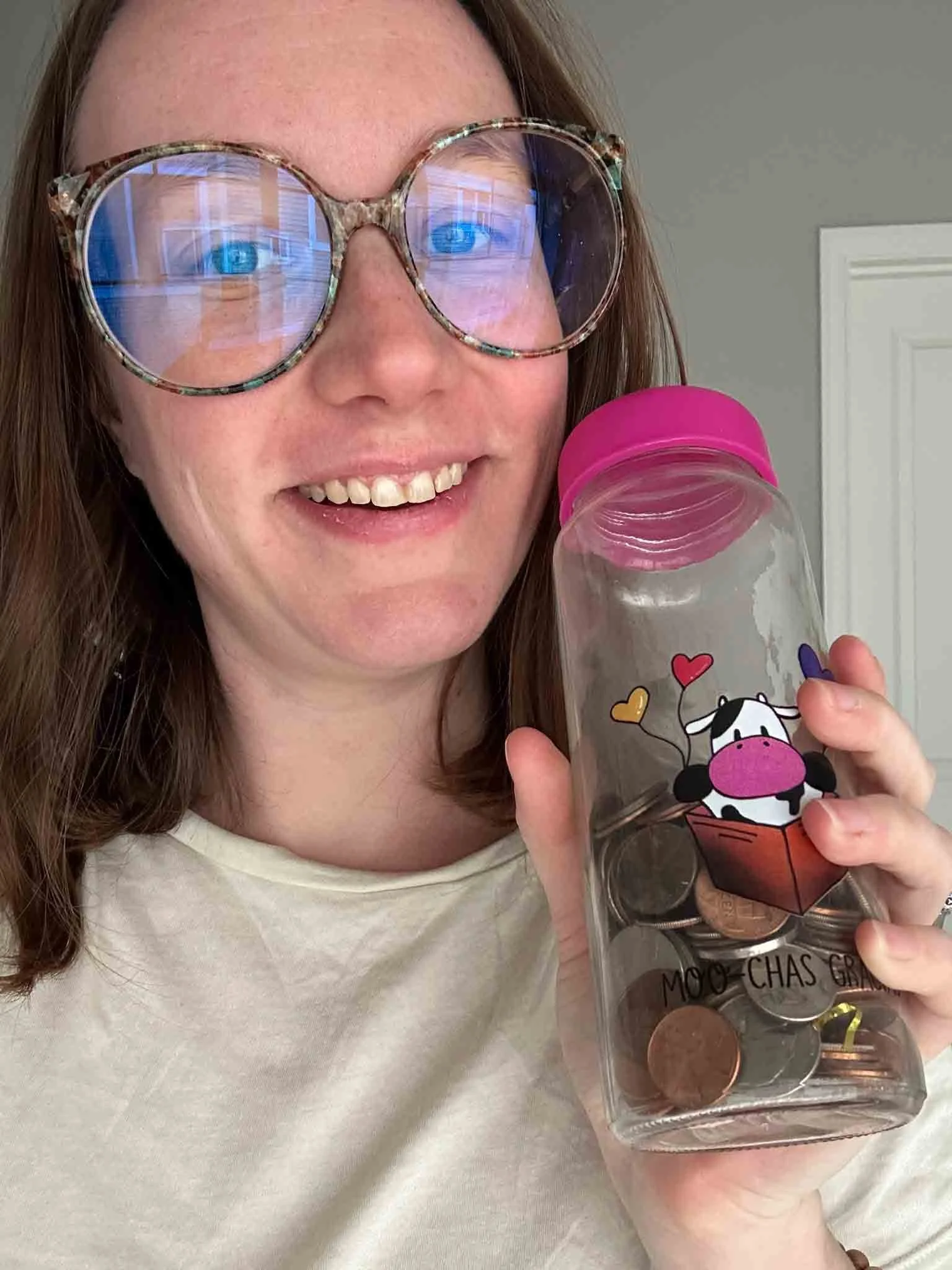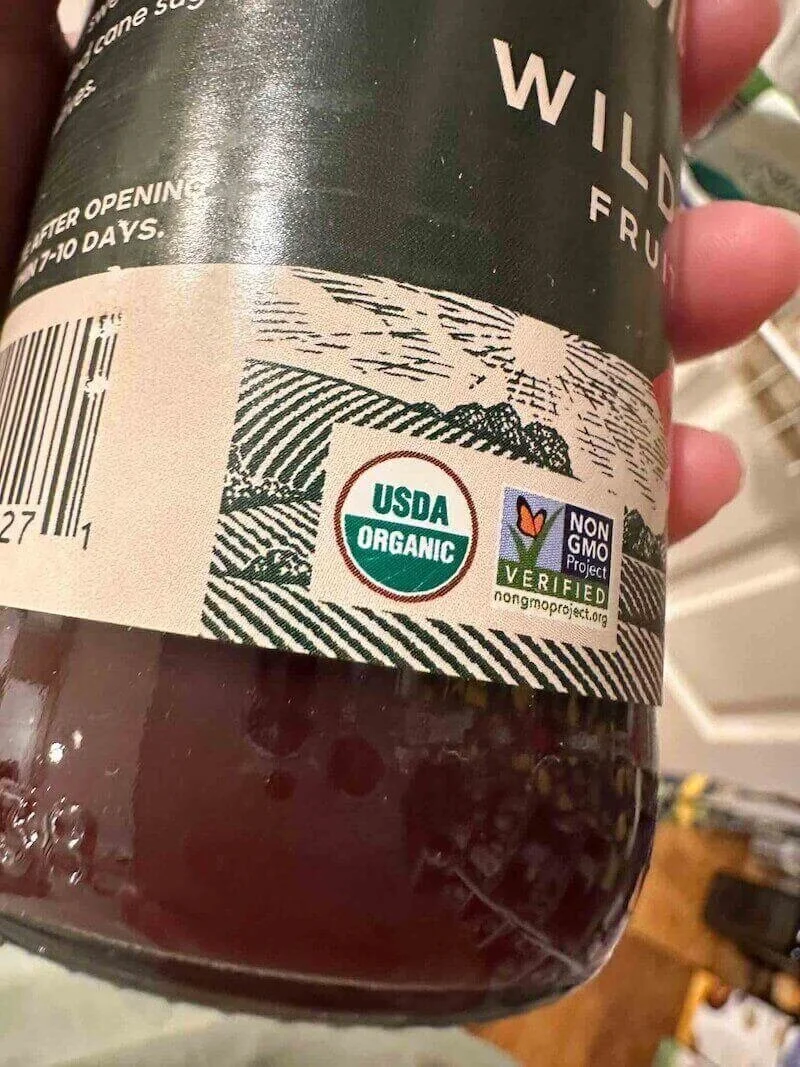6 Eco-friendly Brands Making Non-toxic Yoga Mats for Mindful Practices
With the surge in popularity that yoga and pilates have garnered over the last few years, there are a lot of cheap, mass produced yoga mats out there, and not all of them are safe.
Luckily, we have to lowdown on everything non-toxic and sustainable yoga mats! We have a list of amazing sustainable yoga mat brands and a guide on what to look for/avoid when shopping for a yoga mat!
This post does contain some affiliate links. If you decide to make a purchase The Honest Consumer may receive a commission. Our commission is at no additional cost to you.
Do Yoga Mats Have Toxic Chemicals?
If you’ve ever gotten a new yoga mat with a strong plastic smell that lasts for weeks, then that’s likely due to VOCs. VOCs are Volatile Organic Compounds.
They are released from items in a process known as ‘off-gassing’. What this means is that you are still breathing in the harmful chemicals used in making your yoga mat.
Many of these chemicals have been found to be dangerous and can cause headaches and nausea.
Not exactly great for trying to relax during your yoga practice, the environment, or human health.
Choosing an eco-friendly mat free of toxins is a good idea!
5 Best Non-Toxic Yoga Mats Brands
Knowing what yoga mats are non-toxic and eco-friendly can be a challenge, which is why I’ve got four of my favorite brands here to share with you.
These brands have some of the best eco-friendly yoga mats perfect for your next yoga class.
YogaSana’s Woven Organic Cotton Yoga Mats
Price Range: $99-$120 + use the discount code EMILY for 15% off.
YogaSana really puts care into each and every one of their mats. All woven by hand over the course of 10 days, you’ll even find the signature of the weaver on each mat. Made from organic cotton, these mats are sustainable and biodegradable.
Coming with a 15-year warranty, they’re definitely designed to last.
Use the discount code EMILY for 15% off.
Shop Small with 42 Birds Cork Yoga Mats
Price Range: $74-$96
42 Birds is a family owned business with sustainable cork yoga mats. Along with using cork, they are also part of 1% For The Planet and give back to environmental groups.
I personally use a cork yoga mat from 42 Birds! I loved making the switch to an eco-friendly cork yoga mat! Using a mat made with cork really helps me feel more grounded and connected to nature.
Manduka's Natural Rubber Yoga Mats
Price Range: $58-$208
Made from natural tree-rubber, the Manduka eKO mat is eco-friendly as well as comfortable.
A great non-toxic yoga mat, the foaming agents Manduka use aren’t harsh chemicals, so you can be sure of a soft rubber mat, without anything nasty. With a natural spring and available in long length, it’s a mat suitable for anyone.
Manudka mats feature fun patterns.
SugaMats Made from Recycled Materials
Price Range: $64-$100
SugaMats took a problem, neoprene wetsuits, and crafted a solution – using them to make yoga mats! Not only are these made of 100% recycled material but they can also be recycled in turn at the end of their lifecycle.
Brentwood Home's Organic Cotton Yoga Mat
Price Range: $129
Brentwood Home's sustainable yoga mat is made from 100% organic certified cotton with a non-slip base of 100% natural latex for grip.
This 5mm thick yoga mat is crafted to be Super comfy, absorbent, foldable, eco-friendly, washable, non-toxic, and biodegradable at the end of it's lifecycle.
The fabric is woven so the top of the mat is textured and absorptive, wicking away moisture. That means you won’t slip or have to wipe down the mat — especially essential when it comes to hot yoga.
Brentwood Home also uses FSC-certified natural latex, made from real rubber trees, for the anti-skid bottom. This yoga mat comes in a variety of colors.
Scoria's Cork Mats
Price Range: $26-$102
Scoria takes sustainability seriously. That’s why the cork used to make their yoga mats is farmed in a way that’s good for the trees!
With a natural rubber backing, this mat is non-slip and antimicrobial.
What’s great about Scoria is that they also give back – every purchase provides food for those in need. You can order a Scoria natural yoga mat for $50-$100.
What Materials Should Consumers Avoid When Shopping for A Yoga Mat?
Not all yoga mats are toxic, but there are a few main materials that are best to avoid when shopping for a new eco-friendly yoga mat.
Unfortunately these materials are pretty popular in standard yoga mats.
PVC in Yoga Mats
One of the most popular materials to make yoga mats out of is PVC, or polyvinyl chloride. It’s easy to see why.
PVC is relatively easy to produce, meaning it can be made at low cost and sold cheaply to customers.
PVC, however, is one of the worst materials for off gassing.
Many of the products contain phthalates to make the PVC more flexible, but these chemicals have been linked to a range of health issues.
Not only this, but PVC is also terrible for the environment.
Made from petroleum, there’s no sustainable way to make this plastic, and it’s also difficult to recycle. It may be cheap, but at what cost?
Non-toxic Plastic
There are a number of yoga mats out there that have so called ‘non-toxic’ plastic. While these may not off gas, it’s still good to try to avoid anything made of plastic simply because of the environmental impact. Trying natural, sustainable materials is the way forward.
What Materials Are More Eco-Friendly?
Just as there’s materials to avoid, there are also materials that are non-toxic and great for the environment, all while giving you the yoga experience you want.
Organic Cotton Yoga Mat
Organic cotton is another great material for yoga mats and yoga clothing.
Sustainably grown cotton has a much lower environmental impact – using less water than regular cotton.
The mats themselves are also generally good quality and long lasting, woven in a way that doesn’t wear quickly.
Some of these mats have a natural rubber base or are woven with another material for grip, but 100% cotton can work just as well.
Cork Yoga Mat
The great thing about cork is that it’s antimicrobial. That means you don’t need to worry about odors, mildewed or mold on your yoga mat.
It also means that they are easy to care for. A simple wipe down every so often is all that’s required. Plus, it’s sustainable. Cork is harvested from the bark of certain trees, which then naturally regrows.
Natural Tree Rubber Yoga Mat
Rubber is a great material for yoga mats – provided that it’s natural.
Synthetic rubber contains a host of chemicals, but natural rubber is an amazing alternative to PVC.
Plus, it’s completely sustainable and biodegradable. They’re also durable and provide great cushioning.
Hopefully, you’ve learned a little about what yoga mat might be right for you, as well as what materials it’s best to avoid.
Eco-friendly yoga mats are coming much more to the forefront as people become more aware of PVC, so hopefully this guide has helped you find something that’s non-toxic, good for the planet, and lasts a long time.
For more ethical & sustainable fashion tips be sure to follow The Honest Consumer on social media, subscribe to our newsletter, & check out the Ethical & Sustainable Brand Directory.


















